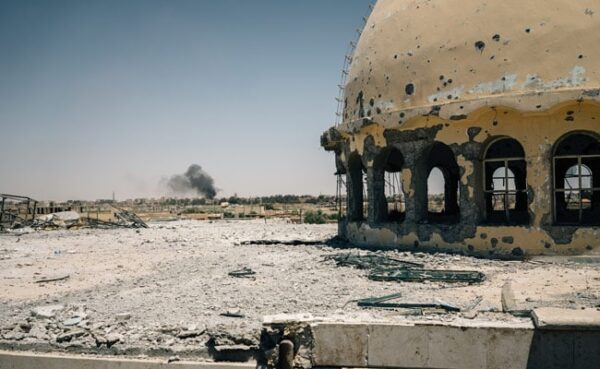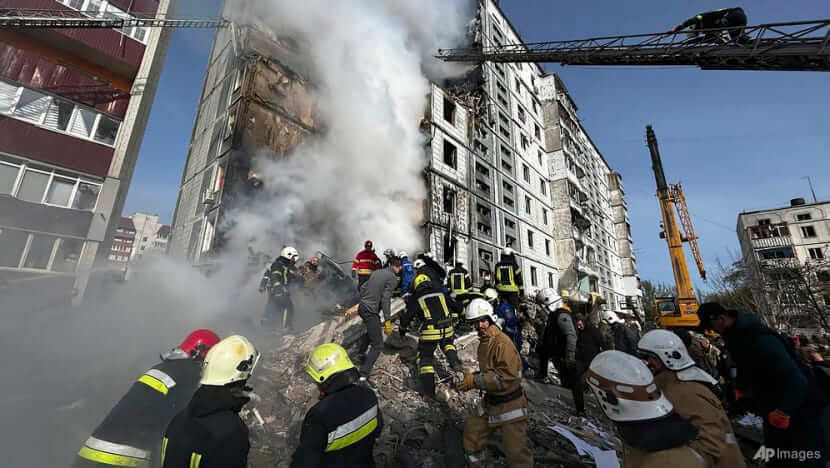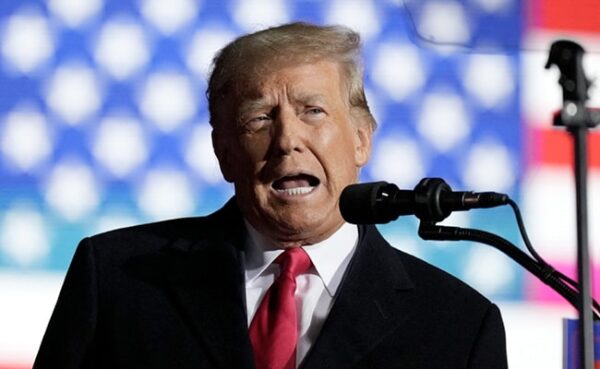The UN envoy to Afghanistan on Wednesday said that the indigenous chapter of the Islamic State group now appears present in nearly all Afghan businesses and “ decreasingly active”. Briefing on the Afghanistan situation following the Taliban’s preemption, Deborah Lyons, UN special representative for Afghanistan, told the UN Security Council that the Taliban “ appears to calculate heavily onextra-judicial detentions and killings” in its response against suspected Islamic State-Khorasan members.
Another major negative development has been the Taliban’s incapability to stem the expansion of the Islamic State in Iraq and in Levant Khorasan Province. Once limited to a many businesses and Kabul, ISILKP now seems to be present in nearly all businesses and decreasingly active,” Lyons told the Council.
IS-K, a sworn adversary of the Taliban, has been responsible for a self-murder bombing outside Kabul field in August and recent multiple bombings in Shia kirks.
The UN envoy said the Taliban’s “ genuine trouble” to present itself as a government are incompletely constrained by the “ lack of coffers and capacity”, as well as a “ political testament that clashes with contemporary transnational morals of governance.” She also stressed “ serious internal division” in the Taliban set-up as an manacle to establishing full trust with important of the Afghan population and persuading them of their capacity to govern.
The Taliban’s broader acceptance among the Afghan population has been a cause of concern as the each-manly press is largely made of Sunni Pashtuns. The transnational community has been constantly calling for a further inclusive government where women and ethnical nonages get enough representation.
Eventually, still, the Taliban must decide on whether to govern according to the requirements and the rights of the different Afghan population, or whether to rule on the base of a narrow testament and an indeed narrower ethnical base,” Lyons added.



